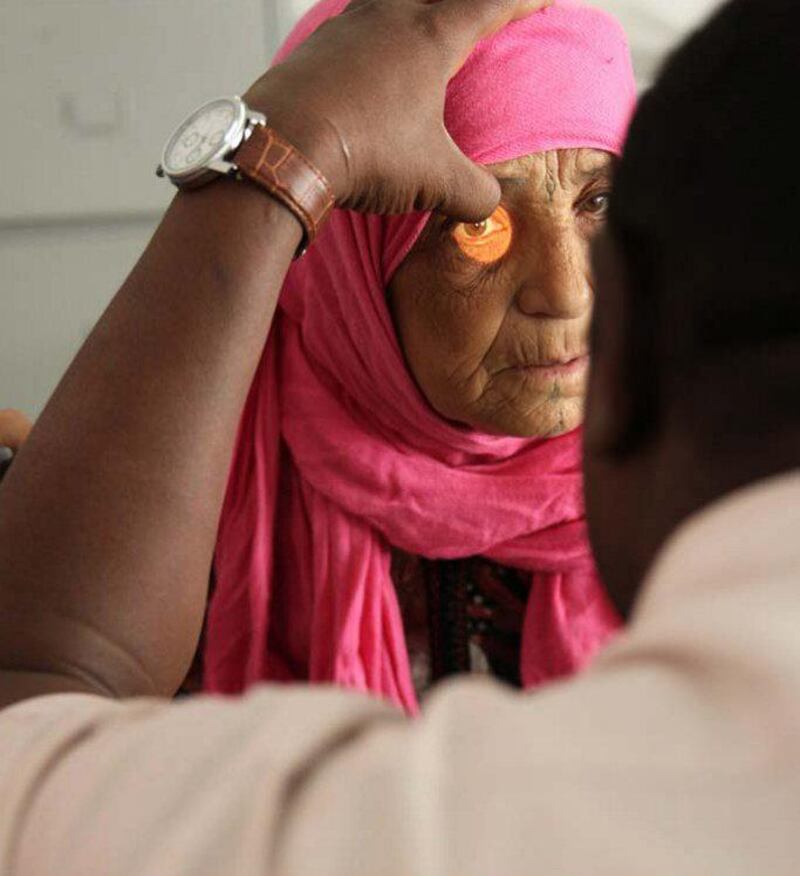The UAE is about to become the first country in the region to have a unified national health database after the Cabinet backed its establishment on Sunday. Connecting public hospitals and clinics will deliver more transparency and savings and better services for patients. This will be a positive step towards having a high-class healthcare system. Setting standards rather than following trends is what will give this country a competitive advantage and help it to become a top medical tourism destination.
By unifying medical records, patients will be able to move easily between hospitals and clinics. The healthcare system itself can also be more easily managed to answer a string of questions such as how long are registration times? Where are the most medical errors? What is the average length of a hospital stay? By understanding these questions, and others, the system itself will be able to better distribute resources and identify problems.
Data could also be made available through Emirates ID cards, especially as Daman, the biggest health insurer, is studying a scheme that would allow patients to use their Emirates ID cards as a means of identification when visiting hospitals.
Implementing this scheme could support the development of a national health database by registering patients’ medical histories, including previously prescribed medication, allergies, surgery and other medical procedures. That should also lead to savings and better care. Too often when patients go to a new hospital, perhaps to see a specific doctor, the hospital will reorder basic tests. A smart national health system would allow the insurer to see what tests were ordered and when, and perhaps alert doctors not to double-up.
There are, naturally, security issues surrounding medical ID cards, which will store potentially sensitive private information. But as long as the information is not stored on the card itself, and secure encryption is used, that in itself should not be a barrier.





